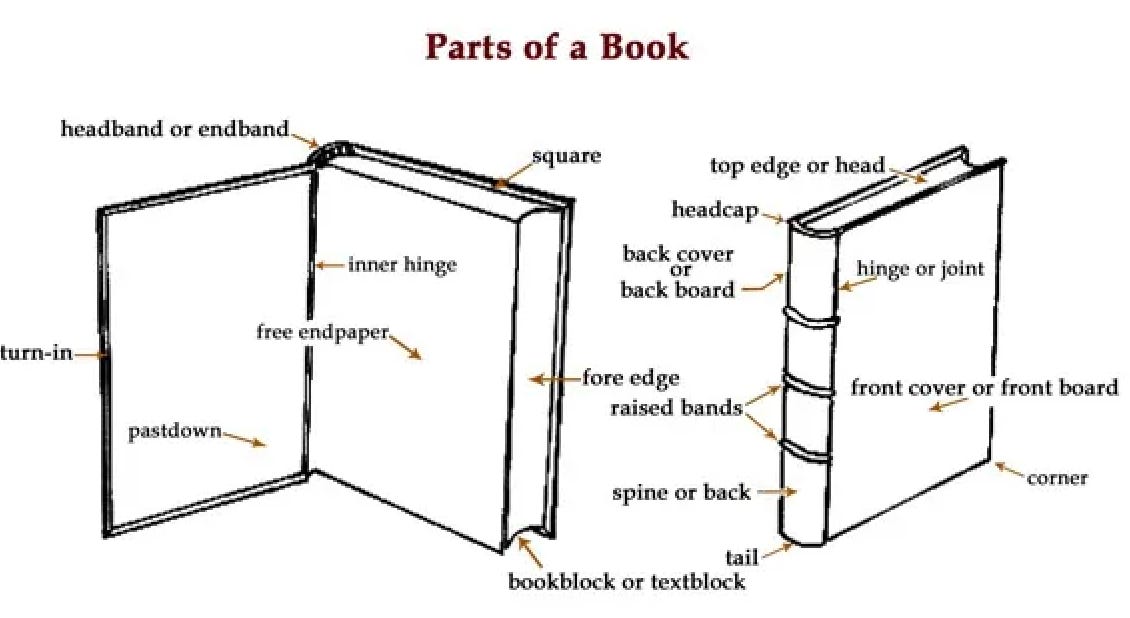Champion of the Chapbook
A look inside the old art form.
My love for chapbooks goes as far back as I can remember, back to Jack Hirschman, who would bring them to the house every time he came to visit me and my parents from San Francisco. It was Jack who brought chapbooks to my attention, but it was my mother that made them a reality for me. A chapbook is a freeing thing, a way for a writer to create a book without having to rely on a publisher to publish it (though there are many great independent publishers that still do this today, including Sore Dove Press and Bottle of Smoke Press). A chapbook is a small book which contains pages inside of whatever the author or artist has chosen to fill them with—often poetry. Some chapbooks are held together by staples, while others use twine or thin ribbon. A chapbook can come with any cover you want to create, whether it’s something you’ve drawn or something printed out, whether hardcover or paperback.
A cover for a chapbook can be made from a thicker cardstock, giving it the feeling of something between a hardcover book or paperback. Sometimes a chapbook and its cover can come with a second cover, like a case for the chapbook to live in, called a clamshell case. Think of it as a beautiful sleeping bag for your book.
Chapbooks are especially loved by poets. Unlike writers of other genres, poets perform live readings often—from open mics to academic events to book festivals to their friend’s living room—so there is always a need to have books on hand to sell. Most poets make their living this way, and having a new book to sell, more often than not, is part of a poet’s livelihood. Poets who tour for a living can’t rely on the slow pace of the bigger publishing world where a full-length book can take two or more years to publish. Beyond the lengthly process, getting a poetry book published in general is just hard to do. I once heard the great poet Victoria Chang say that poetry is the armpit of the literary world—meaning, I think, how publishers view poetry—and nothing has ever rung truer. Publishers, if they don’t specialize in poetry like Copper Canyon Press or Write Bloody Publishing, often don’t know what to do with us poets and our iambic pentameters. Unless you’re an academic heavyweight or writing the more easily digestible kind of coffee table poetry, (more lightweight, writing-wise, and loved and shared by many), getting your poetry published is no easy feat.






